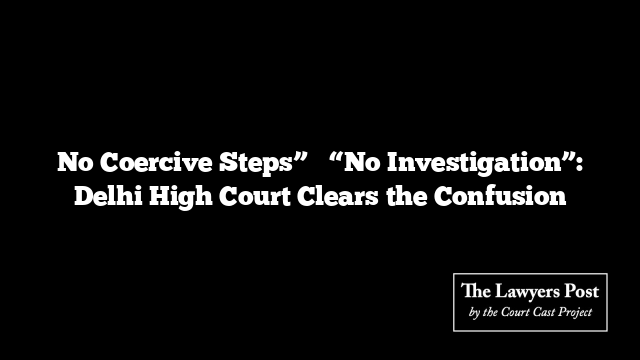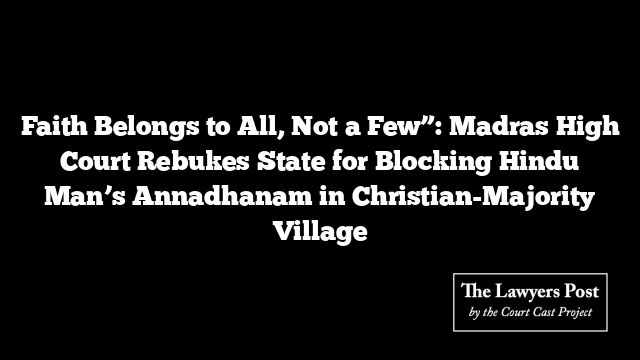The Delhi High Court has cautioned against the growing habit of indiscriminately pulling distant relatives into dowry harassment cases, warning that such blanket accusations weaken the very purpose of Section 498A of the Indian Penal Code — a provision originally meant to shield women from cruelty and dowry-related abuse.
Justice Amit Mahajan, while quashing a dowry harassment case against two women accused by their relative’s wife, noted that the provision was crafted as a protective weapon — not a tool for revenge or vendetta. But its misuse, he said, has led to “mechanical and sweeping implications” that cast too wide a net, often without solid proof.
The Court remarked that there’s a troubling trend of naming uncles, aunts, and cousins who live far from the couple’s matrimonial home — people who may have had little to do with the alleged cruelty. “Such omnibus allegations, devoid of evidence, erode the very sanctity of the law,” Justice Mahajan observed.
The case stemmed from an FIR filed by a woman who accused her husband and his extended family — including his maternal aunt and cousin — of harassment, threats, and taking away her jewellery. The accused women contended they lived separately and had been drawn into a domestic dispute out of spite.
Finding no credible material to link them to the alleged offences, the High Court struck down the FIR and the proceedings that followed.
The ruling underscores a delicate balance: Section 498A remains a vital shield for genuine victims of cruelty, but its misuse, the Court warned, risks turning protection into persecution.





